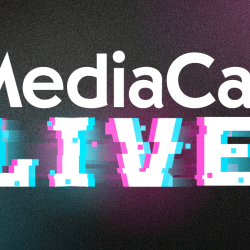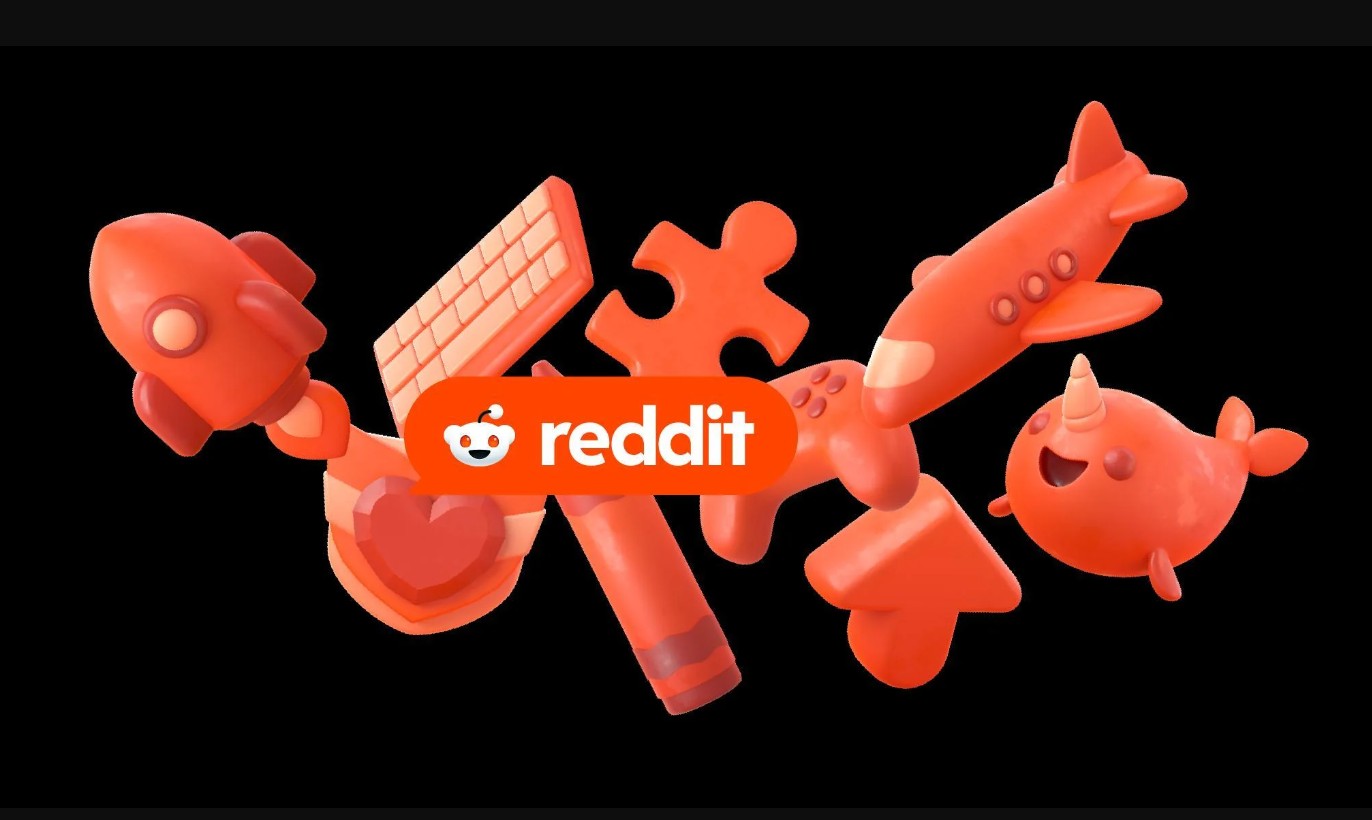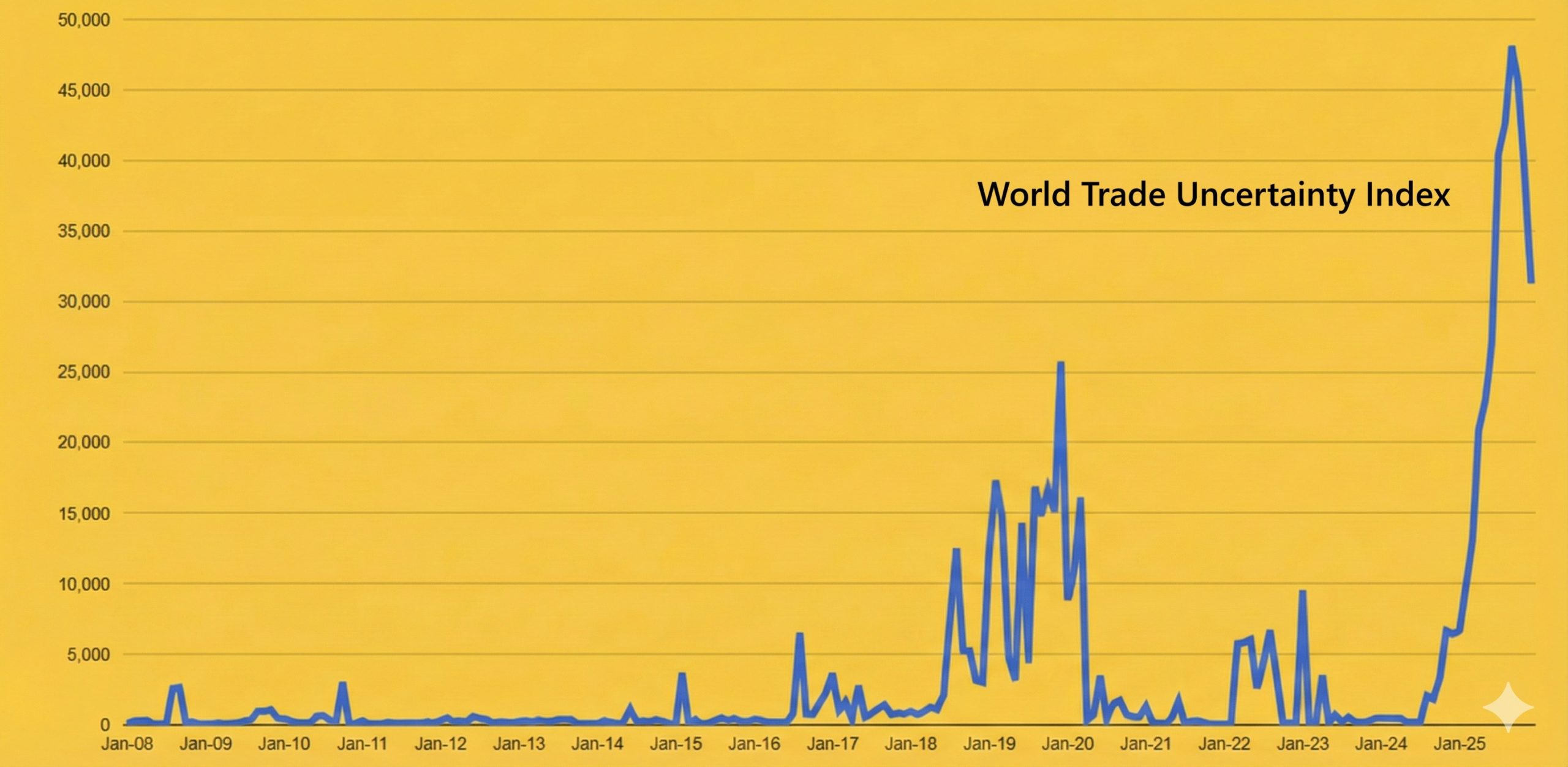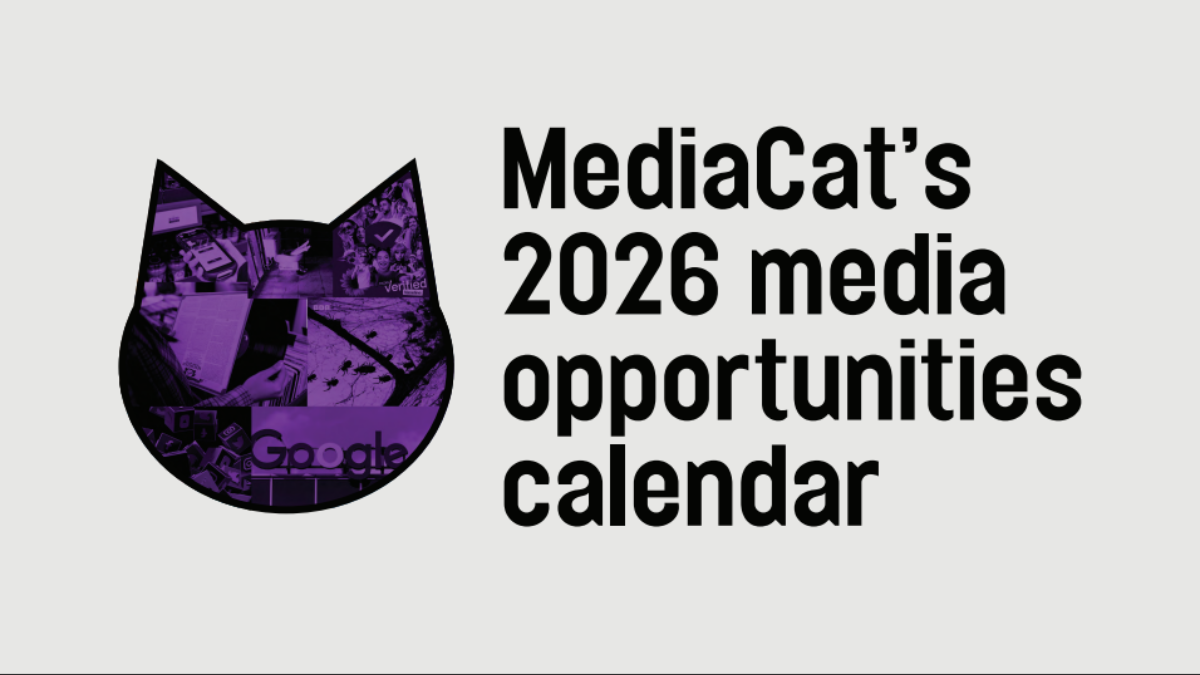The economics of publishing are grim now and look worse ahead. The so-called print revival is overblown. Online is the only viable route, which means playing by the rules of the web’s feudal lords.
Google, Meta, Apple and their ilk clearly don’t care about the economics of journalism. They care about keeping users inside their ecosystems, selling ads on their terms and hoarding the data that powers it all.
And with the rise of tools like AI Overviews, they’re increasingly not even giving publishers the courtesy of some referral traffic.
These issues were central to the Cannes publisher roundtable, hosted by Press Gazette and PubMatic, the details of which were revealed earlier this month. Big names like Bloomberg, Mail Metro Media and the Wall Street Journal were in the room. The discussion spanned the limitations of open-web programmatic and the need for new ad metrics. But the most eye-catching contribution came from News Corp’s David Rowley, who floated the idea of a ‘hedged garden.’
‘We’ve not made it, as publishers, easy for advertisers and agencies to buy us, to measure us, to report against us,’ the vice president for revenue technology said.
‘We need to turn the open web into some sort of…hedged garden, in the sense of finding easy ways to buy a set of premium publishers in a very smooth, scaled, transactable way, for planning purposes, buying purposes and probably most importantly, for reporting.
‘We also need to have some sort of closed-loop attribution. If we collectively come together, we will get the scale that the buyside is looking for.’
The idea of a hedged garden only makes sense in contrast to the walled garden model. Big tech platforms offer a closed loop: ad targeting, measurement, and inventory all inside one ecosystem. That makes life easy for advertisers. For publishers, it’s an impossible model to match by themselves.
A hedged garden is a semi-open alternative to a walled garden. Instead of building separate ecosystems, publishers collaborate to share first-party data, align on measurement and offer advertisers a consistent way to plan, buy and report across a premium network. The ‘hedge’ implies selectivity and protection, without total enclosure.
There’s already movement in that direction. In June 2025, News UK, Future, Immediate Media and The Independent partnered with Ocado Retail on a clean-room alliance, using Permutive. It aims to combine publisher engagement data with Ocado’s shopper insights to create richer audience segments, without exposing raw data. ‘The web is under threat,’ Immediate’s head of data strategy Matthew Rance told Digiday. ‘The only thing you can really bank on now as a publisher is a direct relationship with the customer.’
That same logic underpins the growing use of Utiq — a telco-backed, privacy-first identity network used by Bauer, Immediate and others. ‘Utiq will empower our first-party strategy by providing a scalable, privacy-compliant solution that enables us to connect with users in the way we envision,’ said Bauer’s head of data, Nathaniel Francis.
All of this points in the direction of shared standards, compatible identity and publisher control. It’s also a potential way out of the cookie trap. Even though Google scrapped its deprecation plans this year, most browsers block third-party cookies by default. Many publishers are uneasy with surveillance-led ad models, but stuck with them. A hedged garden might offer a more sustainable path.
Still, execution is difficult. It requires scale, alignment and trust — not always easy among competitors. The commercial politics are thorny and the technical lift is heavy: clean rooms, ID matching, taxonomy standardisation. Publishers can’t out-tech the tech platforms.
But they don’t need to. What they can offer is trust, transparency and editorial quality at scale — if they stop trying to do it alone. A hedged garden won’t fix everything. But in a scorched and shrinking ecosystem it might be the last patch of ground worth cultivating.
Main image by Paul Arky on Unsplash.



























